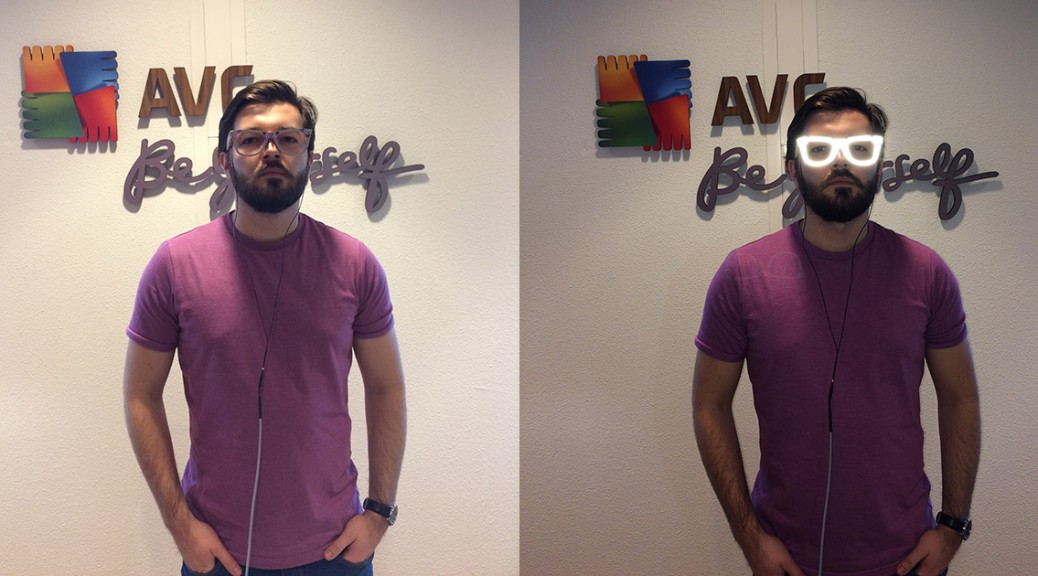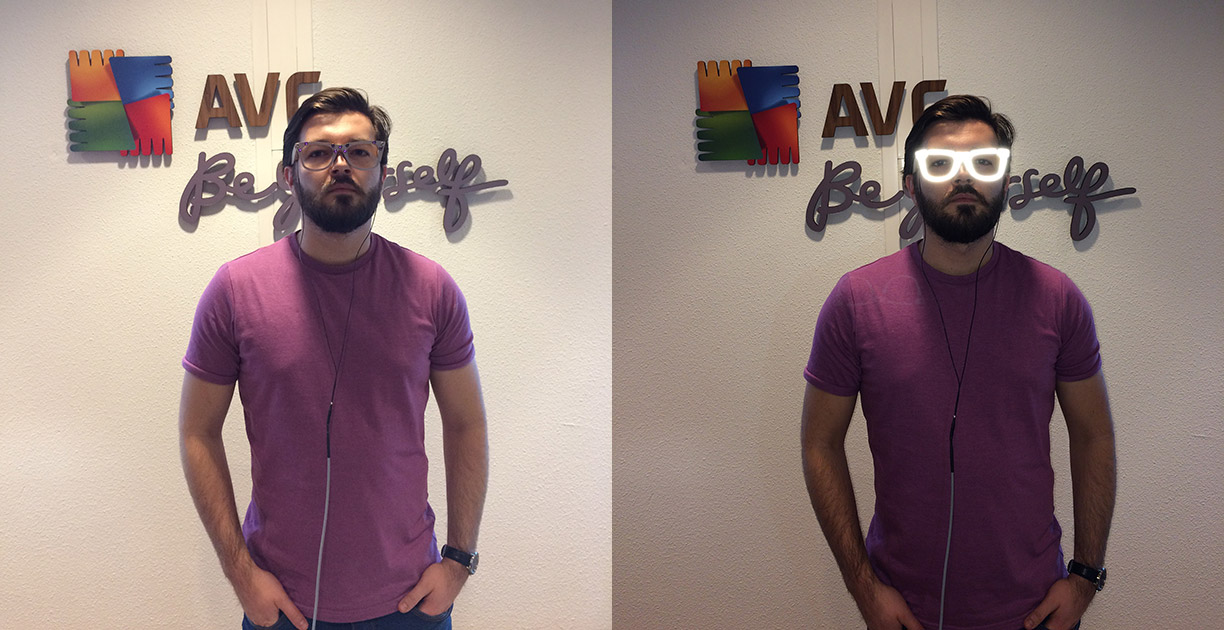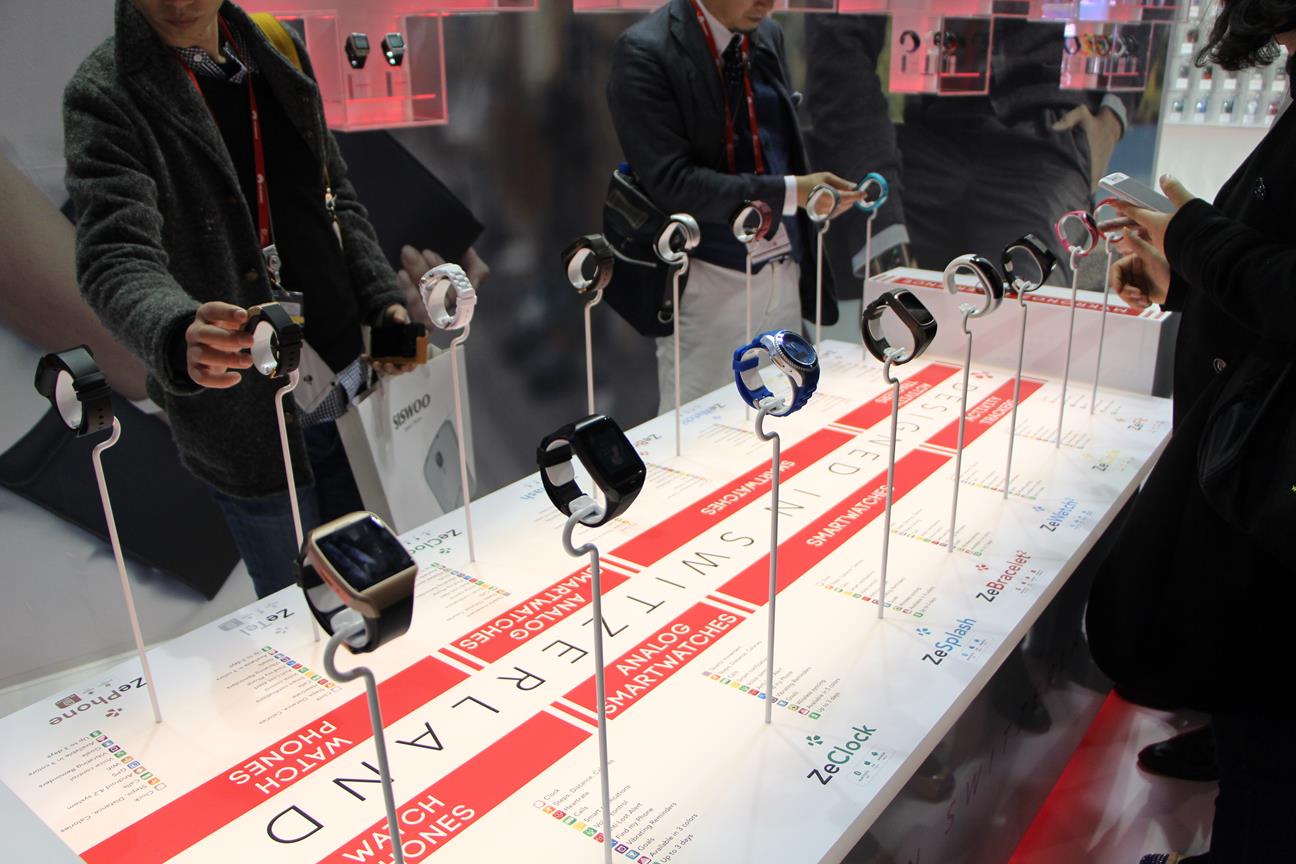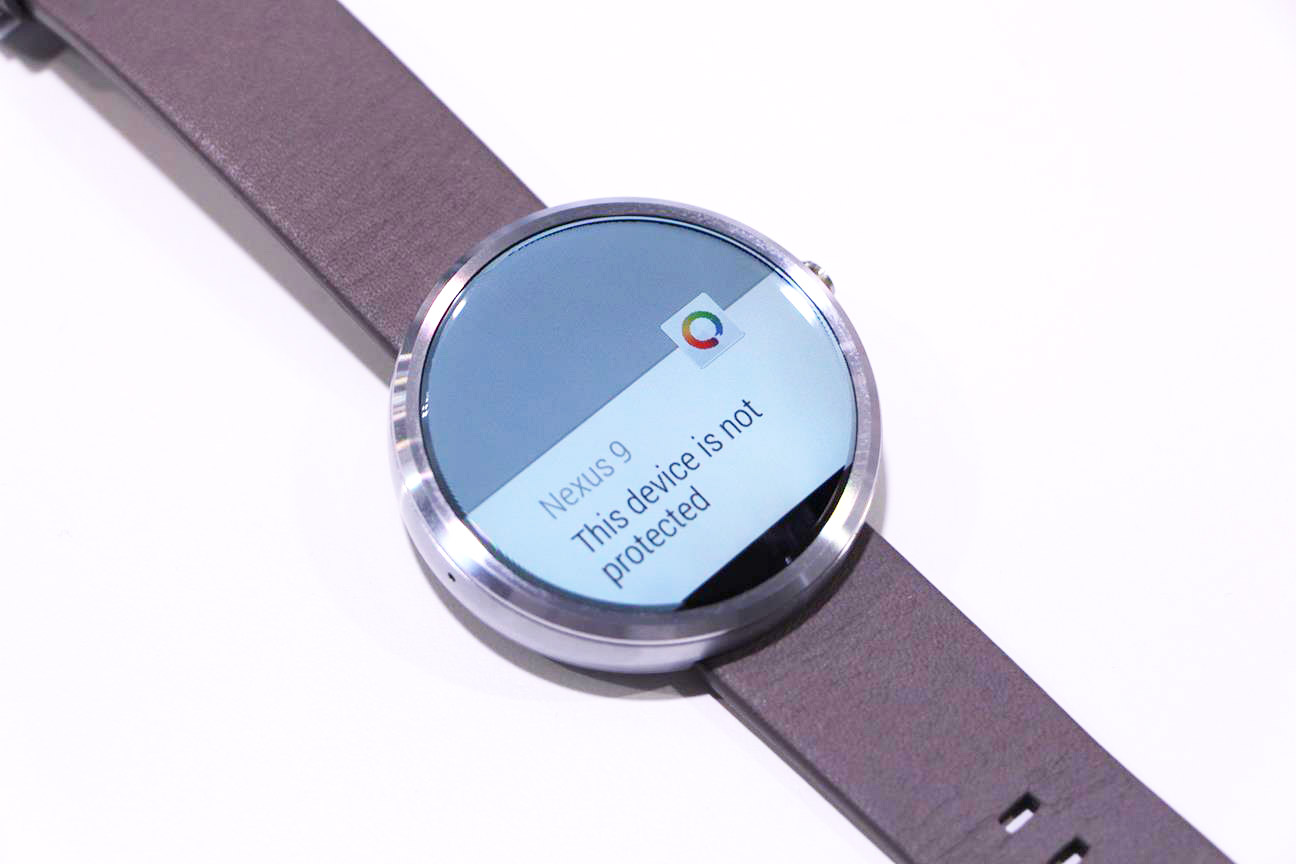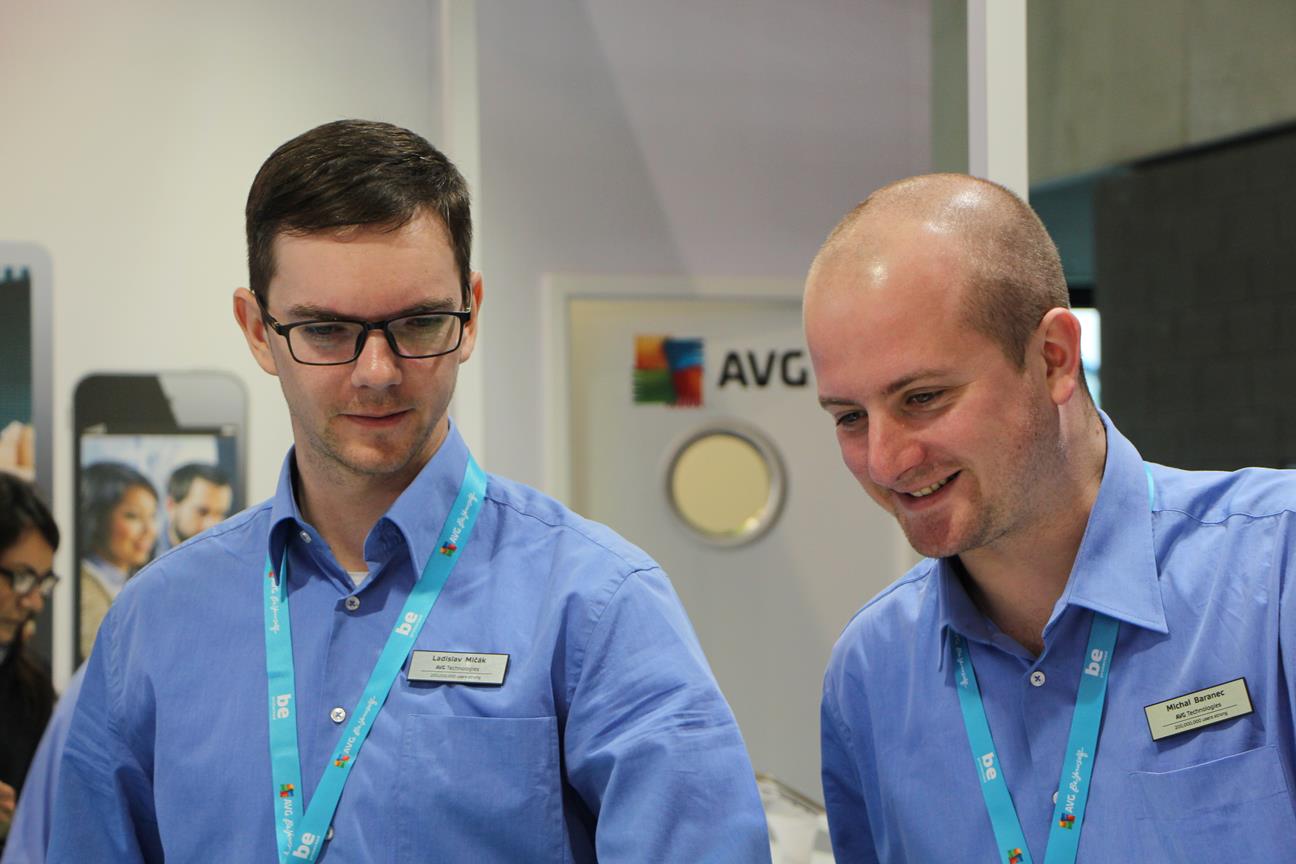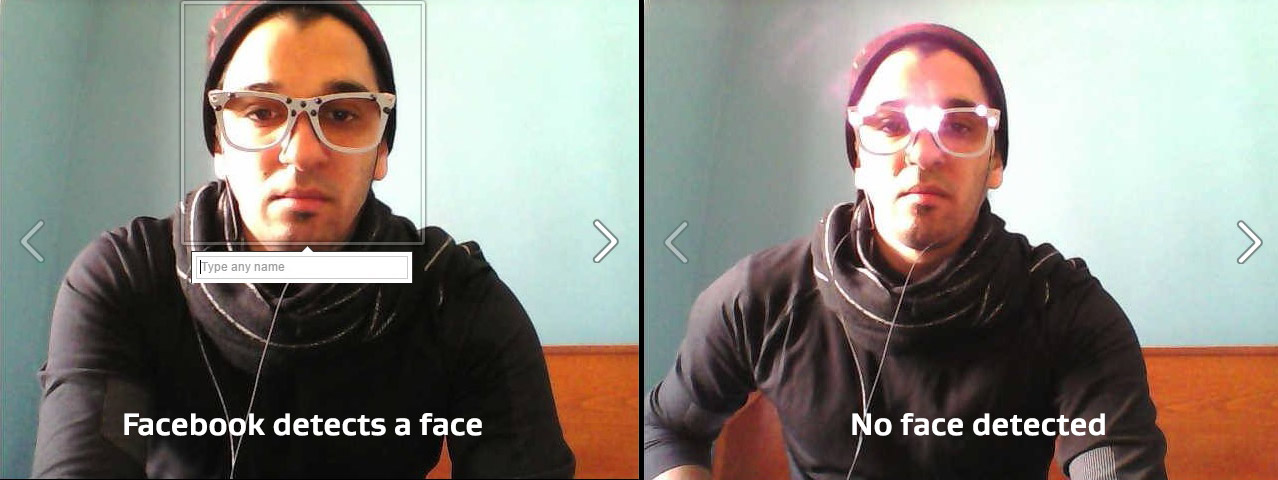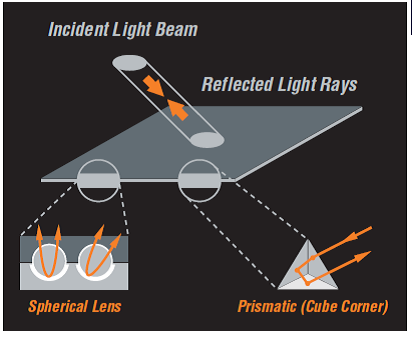Every company, big, small or start-up faces the question of what will be big four years from now. While there is no way of knowing for sure, we can learn a lot from what happened four years back.
The smartphone platform was coming to life but was fragmented across a number of platforms. How could we find out which of the platforms would grow to be the biggest?
At the end of 2009, beginning of 2010, we identified Android as the platform of the future despite a market share of only 4%. Needless to say, it was hard to explain to our finance and marketing departments.
It’s no secret that the market can give you signals about what the future may hold, you just need to know where to look.
When we watched vendors like HP, BlackBerry and Nokia dip in 2010, we noticed that Android and iOS were heading in the opposite direction. In Nov 2010, we knew we had to take action. We decided to step into the mobile market and announced acquisition of a small team of five people providing Android security. This is where our journey started.
But a bigger company acquiring a start-up does not mean the problem solved. We knew that Google ranked apps in the store via keywords so we knew that we needed to get to the top of the list. If you search for antivirus on Google, we are at the top.
A year later, we to noticed another important method to improve rankings – user ratings. If you want to achieve a number of downloads to really affect your business, you need a user rating of at least 4.4. So we invested in a team to ensure we could maintain this rating.
Today 137 apps have passed the 50 and 100m download milestones. Keywords and review ratings are no longer enough. We are a consumer company but we know our consumers needed to engage with our products.
Understanding user behaviour helps extend the lifetime of an app so we researched what functionality people wanted from an app. The result was a new app – Cleaner. Although the functionality was already in the antivirus app, downloads started to increase. We did the same for privacy and it also grew.
My advice would be “don’t stick to one app”. Add additional services and functionality to maintain growth.
We looked at adding value – could users register when they download? Terrible idea – we had a 40% drop when we introduced this because we failed to understand the consumer.
Before you ask for value from the user, make sure you can deliver value.
Of course, we removed this and returned to the original format.
These tactics helped us reach 100m downloads but that’s only half the story. Revenue is also crucial. In December 2014, we were ranked among the top 10 developers for generating app revenue (excluding games). In February, we reached number 5.
On our last earnings call, we announced 101m downloads. Keeping them is the next challenge. Now our whole roadmap of our company is around mobile.
Picture a connected home where each device has its own app. It would be impossible to manage such a large number of individual applications. That’s why we introduced AVG Zen.
In conclusion, if you want to know what is going to be the big thing, don’t look just at the newspapers but look at stock. Search for big shifts. They don’t happen very often but they are there.
Also, don’t just stick to data. It can help you to optimize, but really, the “next big thing” can be only be found in one place your imagination. You won’t find that in the data.


